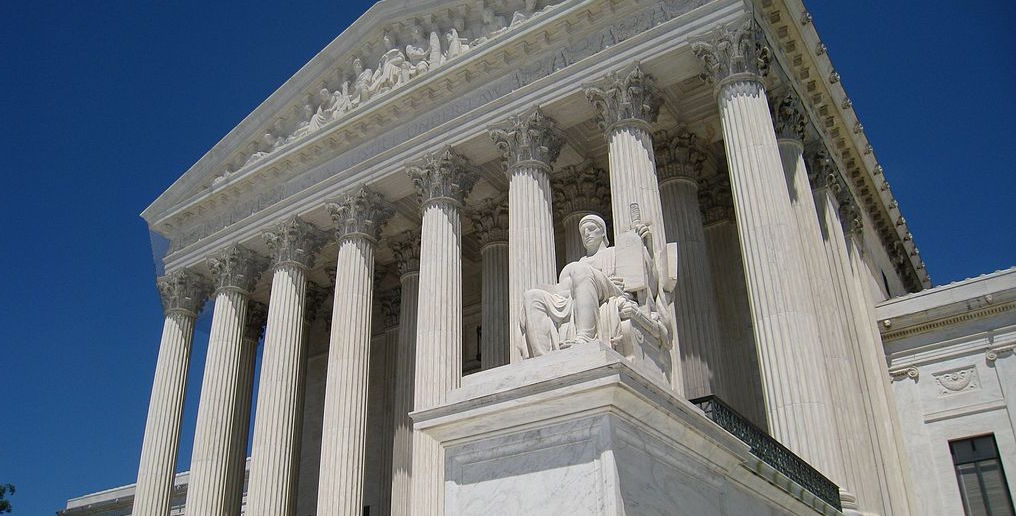At this point anyone concerned with the future of religious institutions in the United States is already aware of this week’s ruling in Bostock v Clayton County. (Oyez has the key facts; the folks at Volokh Conspiracy put together a summary of the opinion from Justice Gorsuch as well as the dissents from Justices Alito and Kavanaugh.)
Login to read more
Sign in or create a free account to access Subscriber-only content.
Topics:
